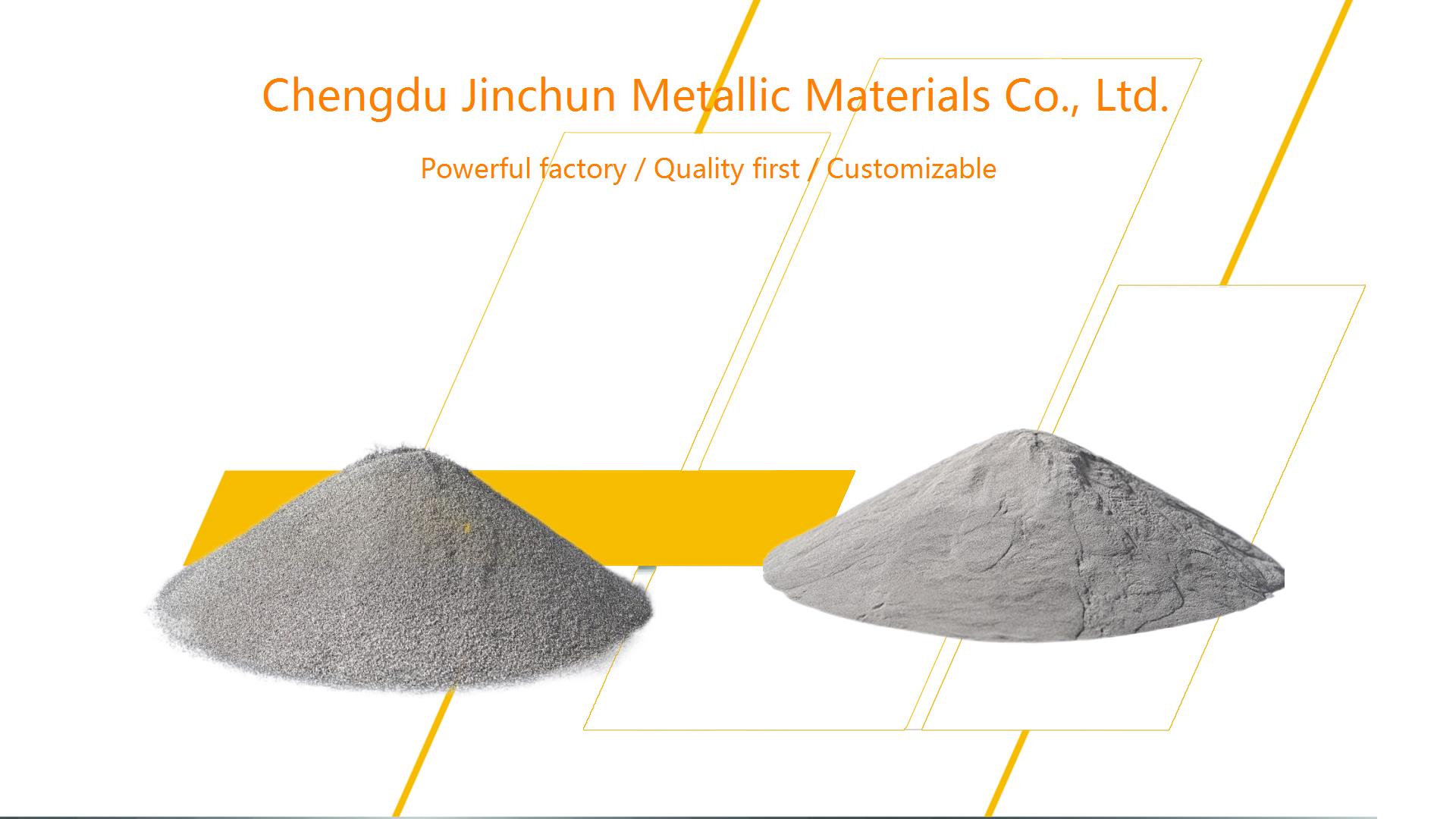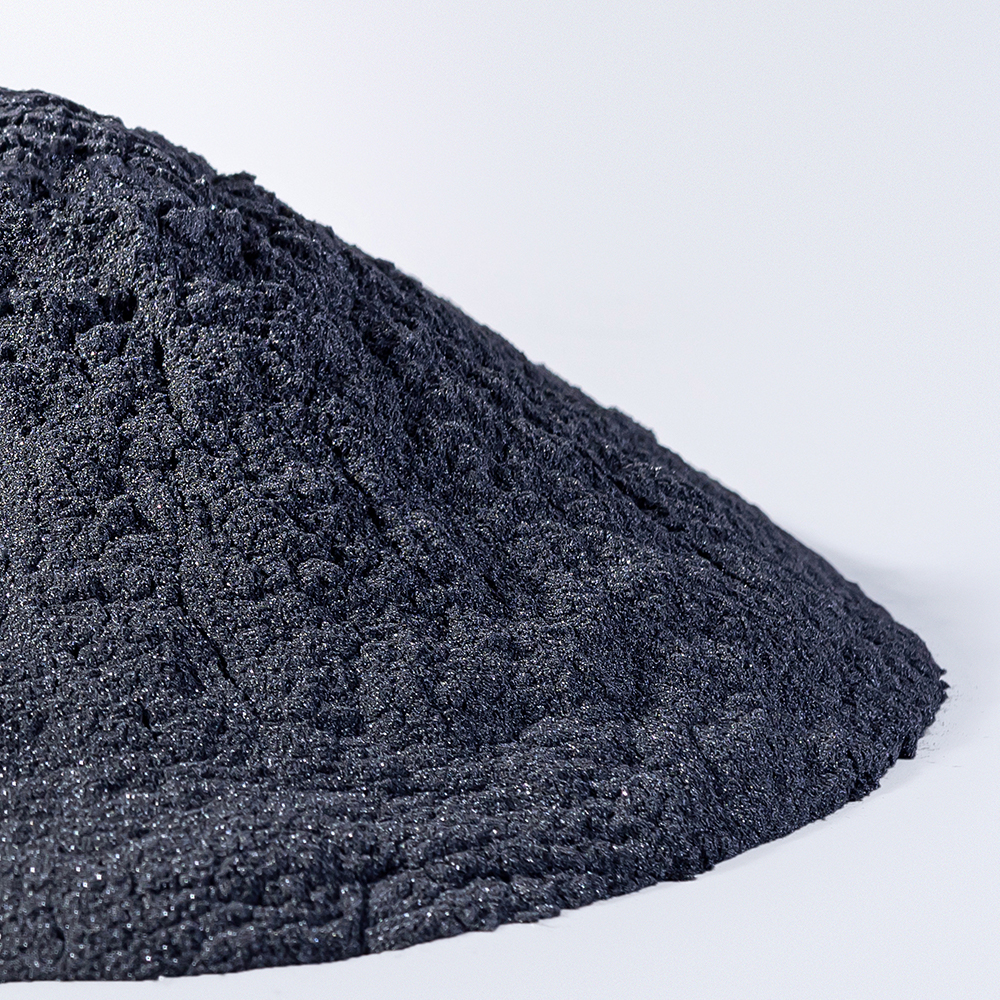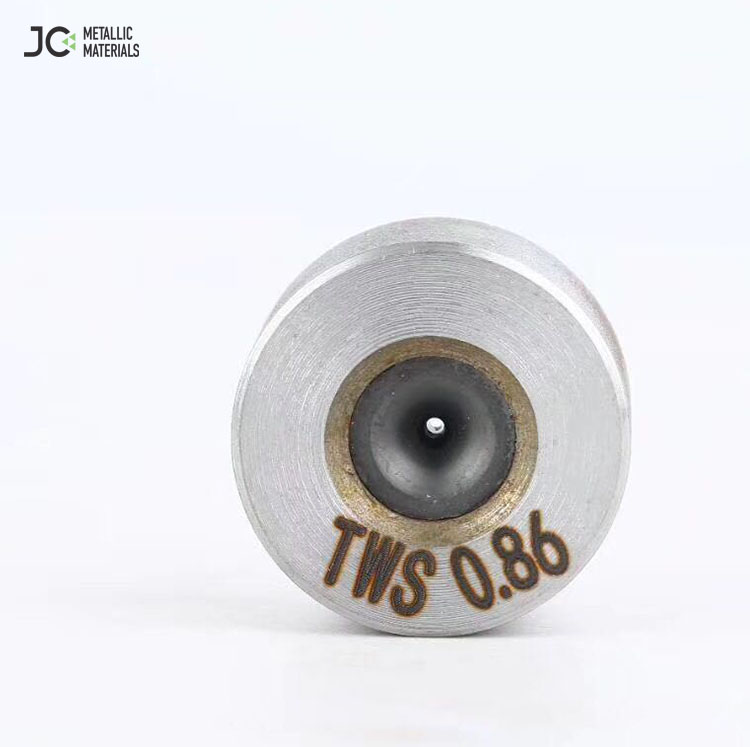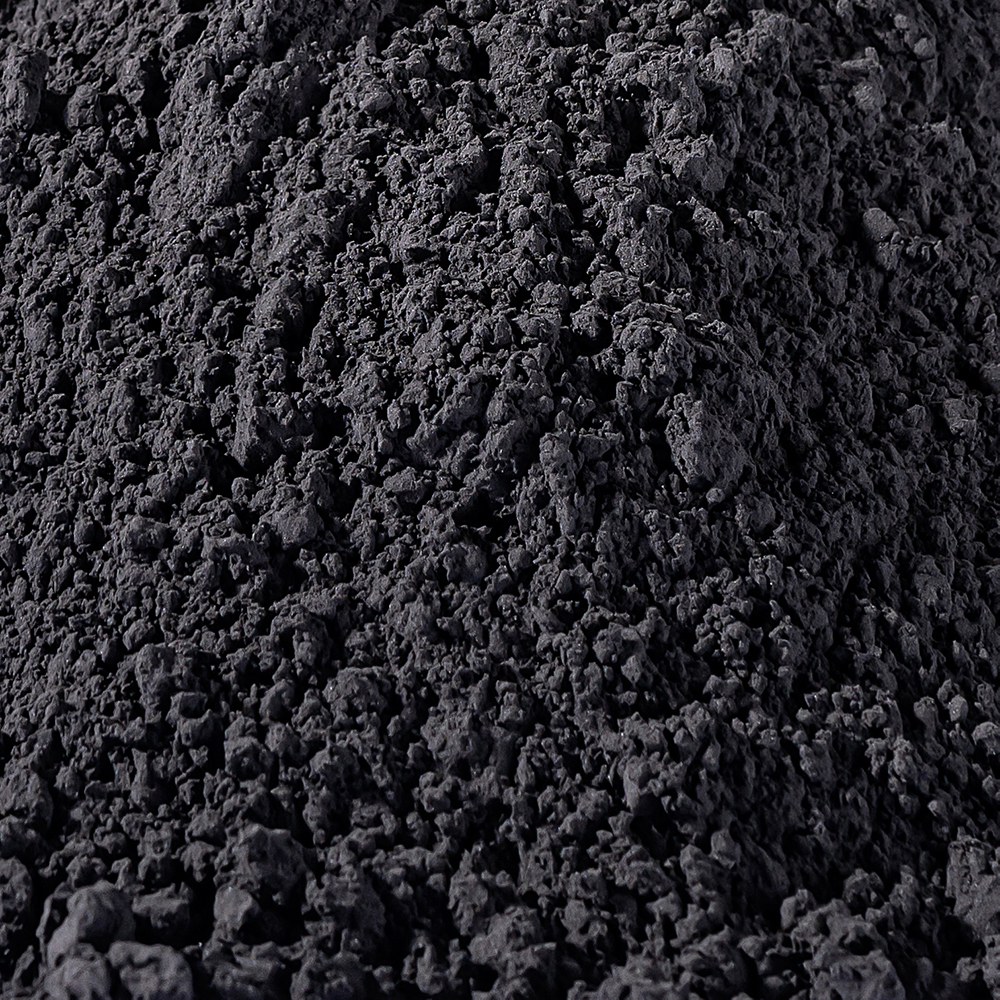
Titanium Dioxide in High-Performance Catalysts
Introduction to Titanium Dioxide (TiO₂)
Titanium Dioxide (TiO₂) is a naturally occurring oxide of titanium. It is widely recognized for its exceptional properties, which make it an ideal material for a variety of industrial applications, particularly in the field of high-performance catalysts. Known for its stability, non-toxicity, and high photocatalytic activity, TiO₂ is frequently used in a range of catalytic processes. Its applications span across environmental, energy, and industrial sectors, where it plays a pivotal role in improving efficiency and sustainability.
Role of Titanium Dioxide in Catalysis
Catalysis is a process that speeds up chemical reactions by providing an alternative reaction pathway with a lower activation energy. TiO₂, particularly in its anatase form, is an excellent photocatalyst. Its ability to absorb ultraviolet (UV) light and convert it into usable energy makes it invaluable in photocatalytic processes, including environmental remediation, solar energy conversion, and hydrogen production.
Titanium Dioxide’s unique electronic structure and surface properties allow it to facilitate various reactions, such as oxidation, reduction, and hydrogenation, without undergoing significant wear. As a result, TiO₂ plays an integral role in creating high-performance catalysts for applications such as:
- Environmental Catalysis: Degradation of pollutants like volatile organic compounds (VOCs), and removal of nitrogen oxides (NOₓ) and sulfur oxides (SOₓ) from industrial emissions.
- Energy Conversion: Use in photocatalytic water splitting for hydrogen production and CO₂ reduction to produce valuable chemicals and fuels.
- Automotive Catalysts: TiO₂ is employed in the automotive industry for vehicle exhaust treatment systems, reducing harmful emissions.
Titanium Dioxide in High-Performance Catalysts
1. Photocatalytic Applications
Titanium Dioxide’s photocatalytic properties make it one of the leading materials in applications that require light-induced chemical reactions. When exposed to UV light, TiO₂ generates electron-hole pairs on its surface, which can initiate a series of oxidation and reduction reactions. These reactions are vital in applications such as water purification, air purification, and renewable energy generation.
- Water Purification: TiO₂ can break down organic pollutants in water by oxidizing them under UV light. This is particularly beneficial in the treatment of wastewater in industrial processes.
- Air Purification: TiO₂-based catalysts are used to reduce harmful pollutants like NOₓ, CO, and VOCs from air, improving air quality in both industrial and urban environments.
- Renewable Energy: TiO₂ is widely researched for its role in photocatalytic water splitting, where it facilitates the generation of hydrogen fuel, a clean energy source.
2. Solar Cells and Hydrogen Production
One of the most promising applications of TiO₂ in high-performance catalysts is its integration into solar energy technologies. Specifically, TiO₂ is used in dye-sensitized solar cells (DSSCs), which convert solar energy into electricity with greater efficiency than traditional silicon-based cells. TiO₂’s ability to absorb UV light and efficiently conduct electrons makes it a critical component of these energy conversion systems.
In hydrogen production, TiO₂ is utilized in photocatalytic systems that split water molecules into hydrogen and oxygen when exposed to light. This process offers a sustainable method of producing hydrogen fuel, a key component in the transition to a hydrogen economy.

Jinchun: A Leading Metal Powder Manufacturer
Jinchun is a renowned manufacturer of high-performance metal powders, specializing in the production of advanced materials for a wide range of industries, including catalysis. As a leader in the metal powder sector, Jinchun provides high-quality titanium powders that are crucial for the synthesis of titanium-based catalysts, including those incorporating Titanium Dioxide.
By leveraging cutting-edge technology and state-of-the-art manufacturing processes, Jinchun produces titanium powders that meet the rigorous demands of high-performance catalytic applications. These powders are characterized by their purity, particle size distribution, and uniformity, which are essential properties for enhancing the catalytic activity and stability of TiO₂-based catalysts.
Titanium Dioxide Catalysts from Jinchun
Jinchun’s expertise in metal powder production allows for the creation of tailor-made TiO₂ catalysts with optimal performance characteristics. Through advanced techniques such as sol-gel, hydrothermal, and chemical vapor deposition methods, Jinchun develops TiO₂-based catalysts that offer:
- High Surface Area: Maximizing the reactive surface for catalytic reactions.
- Enhanced Photocatalytic Efficiency: Tailoring the crystal structure and doping of TiO₂ to improve light absorption and reaction rates.
- Stability and Durability: Ensuring that the catalysts perform reliably over long periods, even under harsh environmental conditions.
These catalysts are used in a wide array of applications, from environmental cleanup to energy production, providing solutions that help industries meet sustainability goals.
Applications in Industrial Catalysis
1. Environmental Applications
The demand for cleaner, more efficient technologies has driven the use of TiO₂-based catalysts in environmental protection. Jinchun’s TiO₂ catalysts are used in systems designed to remove pollutants from both water and air, reducing harmful emissions and helping industries comply with stringent environmental regulations. TiO₂ catalysts are particularly effective in the following:
- Air Filtration: TiO₂-coated surfaces in air purifiers degrade VOCs and other pollutants, improving indoor air quality.
- Water Treatment: TiO₂ photocatalysts break down toxic chemicals and organic pollutants in water, providing a sustainable solution for industrial wastewater treatment.
2. Automotive Catalysts
Jinchun’s TiO₂ catalysts are also employed in the automotive industry, where they help in the reduction of vehicle emissions. Titanium Dioxide’s ability to promote oxidation reactions is utilized in the development of catalysts that remove harmful pollutants such as NOₓ and hydrocarbons from exhaust gases.
Future Trends in TiO₂ Catalysis
The field of TiO₂-based catalysis is rapidly evolving, driven by the need for sustainable energy solutions and environmental protection. Key areas of future research include:
- Doping and Modification of TiO₂: Researchers are exploring various dopants, such as metals and non-metals, to enhance the photocatalytic and catalytic properties of TiO₂. These modifications can improve light absorption, increase the efficiency of reactions, and broaden the range of applications.
- Integration with Other Materials: Combining TiO₂ with other materials such as graphene, carbon nanotubes, and metal nanoparticles is a promising strategy to enhance its performance in various catalytic processes.
- Solar Fuels and Green Hydrogen: As the global shift toward clean energy accelerates, TiO₂’s role in hydrogen production and solar fuel synthesis will continue to expand, potentially revolutionizing the energy sector.
By focusing on innovation and continuous improvement, Jinchun is poised to play a key role in advancing the development of high-performance TiO₂ catalysts, contributing to both industrial and environmental sustainability.



_6258副本-2.jpg)


